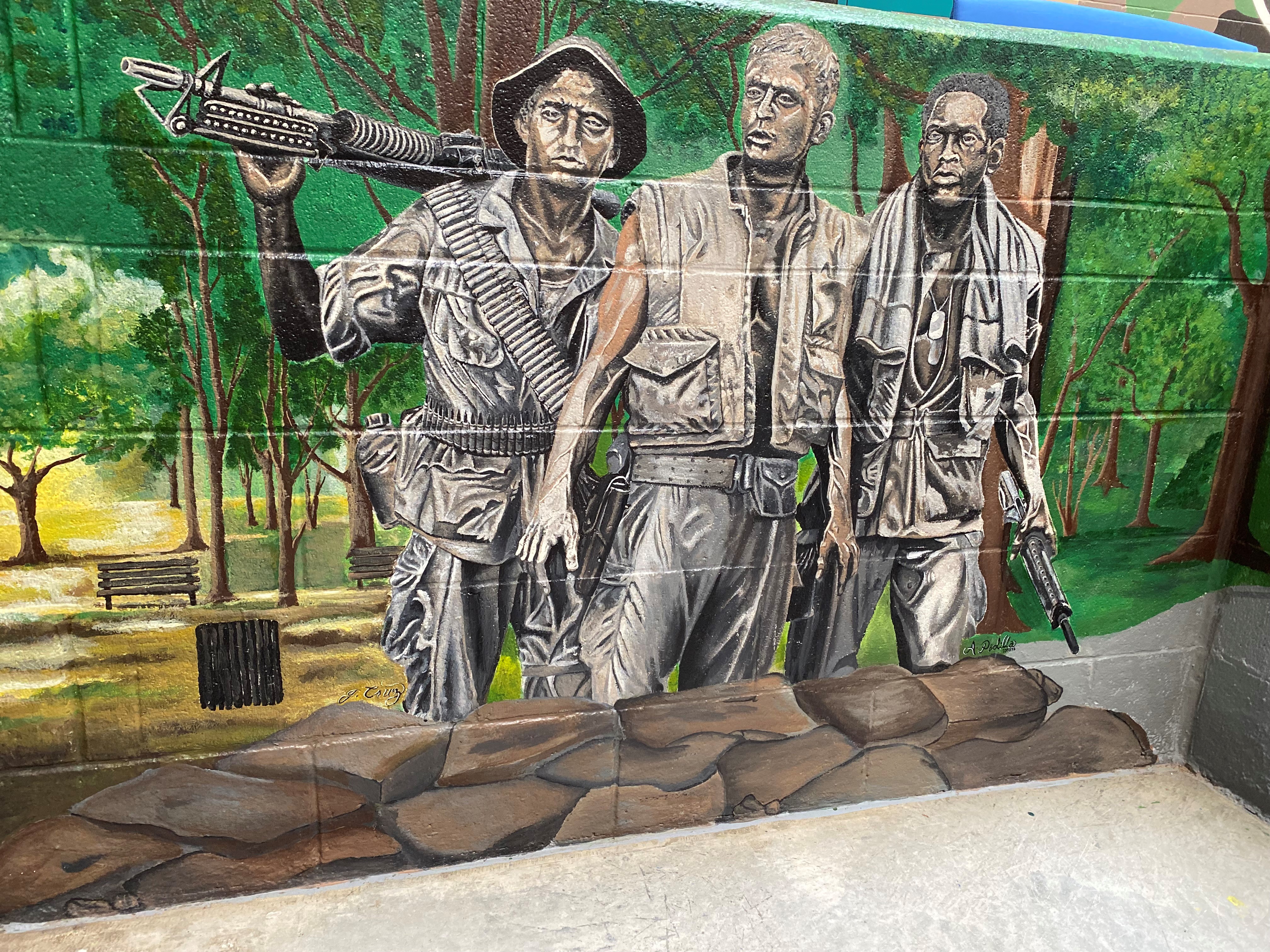
It may come as a surprise to learn the rate at which United States veterans interact with the criminal justice system. Studies cite a couple of reasons for this, one of which is due to some veterans' inability to transition from service successfully because of combat-related trauma. Veterans are able to access a number of helpful resources through various veteran-focused organizations, but veterans can still face complicated hardships, such as trauma, that can lead them to criminal behaviors, such as illegal substance use, to cope with the trauma. Military service often comes at a cost—mentally, financially, and/or physically—for these individuals, which is why it is important to support those who have served and help them find a healthy path forward.
CoreCivic has a number of veteran resource initiatives that support the communities in which we serve, those in our care, and our employees. One way CoreCivic supports residents in our care who are veterans is through designating special housing units, called veteran pods, where special care for this population is offered. In fact, the CoreCivic staff who manage these housing units are often veterans themselves, which helps build mutual comradery and understanding between staff and residents. By providing both veteran specific and rehabilitative support, these individuals can find a better path forward upon release.
WATCH below to see how CoreCivic's Red Rock Correctional Center in Eloy, Arizona, is helping residents through a housing unit designed for veterans' needs.
